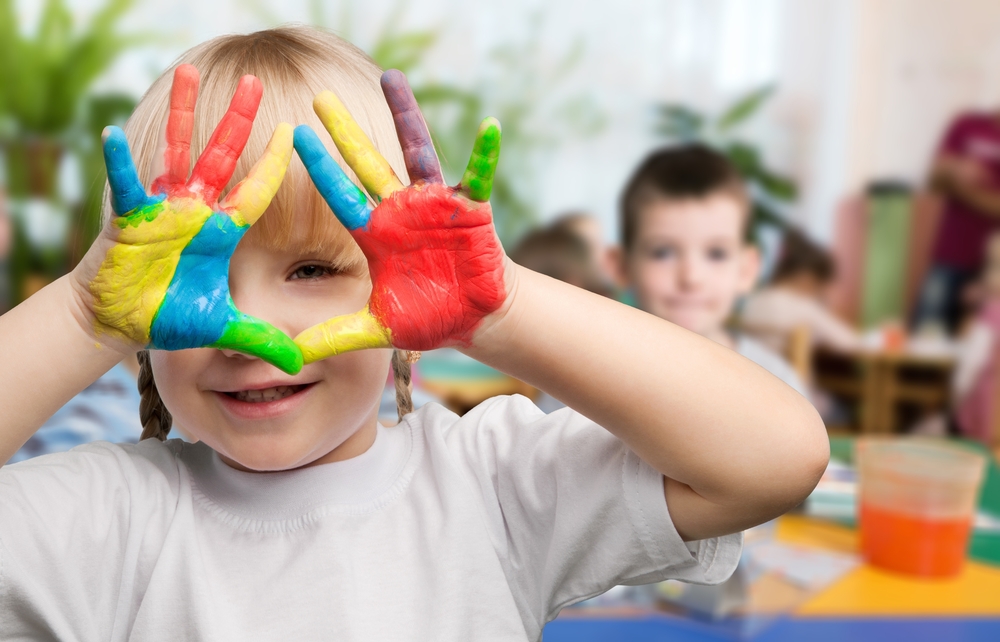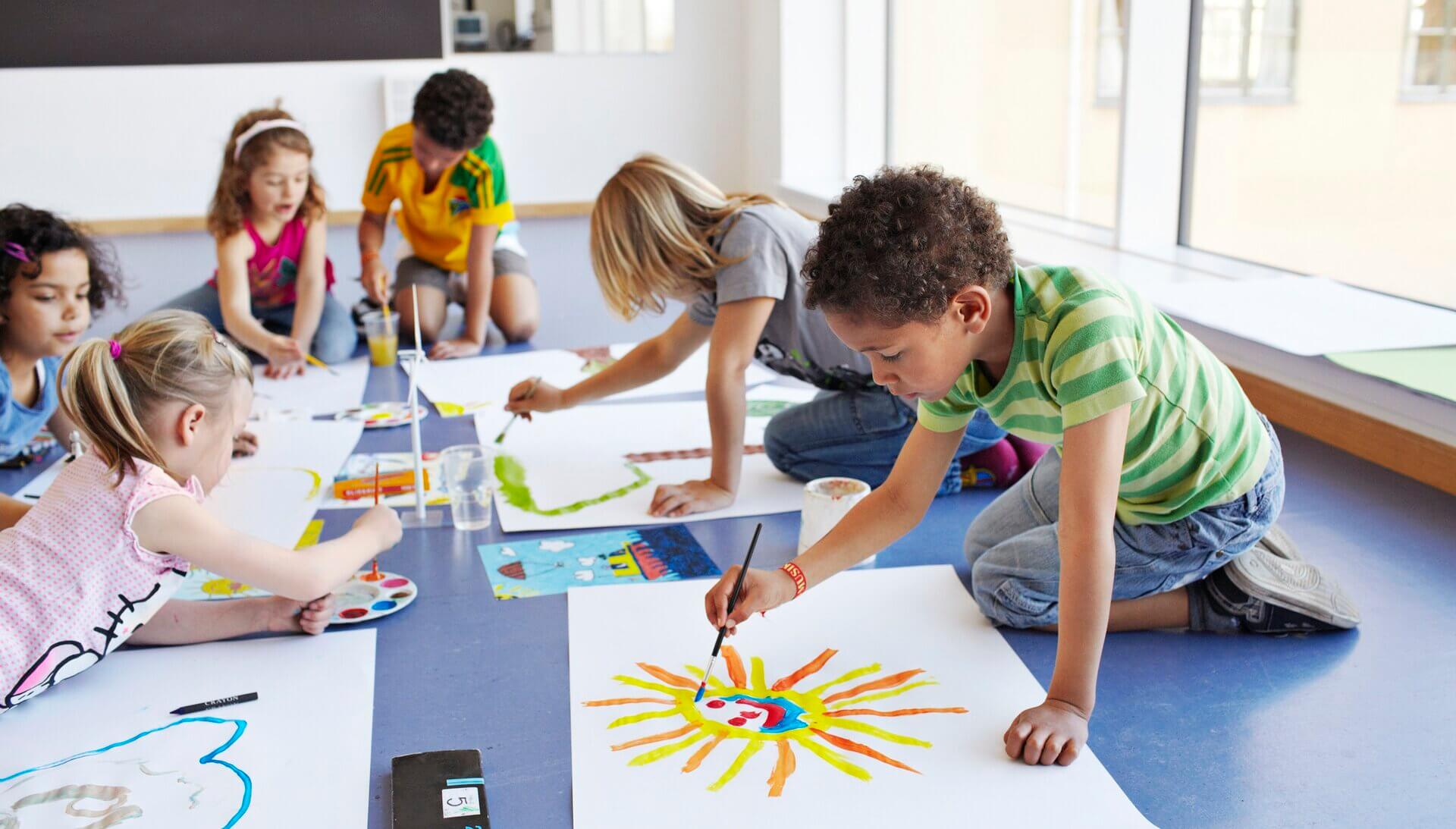
Positive Behaviour Support Strategies For Disability
Address challenging behaviours and help your child experience life with more confidence.
Book now Request a call back
Positive behaviour support services with individualised strategies
We create positive change together with parents, children and family members. Our behaviour support practitioners focus on the reasons behind challenging behaviour. We use positive reinforcement to teach your child new skills and behaviours.
Positive behavioural support (PBS) strategies can help improve the quality of life of individuals with developmental and behavioural concerns. A dedicated PBS plan helps to build self-esteem, improve social and communication skills, and achieve greater independence.
How a behaviour support plan can help your child
Positive behaviour support strategies for children with disability provides an improved opportunity for a happy and healthy life with meaningful connections.
Our behaviour support practitioners will create a PBS plan and provide behavioural strategies that help to:
- Improve independence skills, such as communication, social and self-care skills.
- Reduce behaviours of concern such as physical or verbal aggression, self-injury, and other behaviours that carry risks.
- Experience a higher quality of life by helping them communicate, learn and interact socially.
- Strengthen relationships by involving family and other support members in the process. This creates a support team that helps the client thrive.
The ESA approach to positive behaviour support strategies for disability
Our goal is to create a support network around your child and manage challenging behaviours in a positive way.
To do this effectively, we design tailored positive behaviour support strategies.
Our evidence-based approach to introducing new behaviours leans on early intervention best practice.
Here’s what your PBS journey with us looks like:
- We conduct a functional behaviour assessment to understand problem behaviour
- Our team identifies the triggers behind these difficult behaviours
- We create a detailed and tailored PBS plan that involves all people in your child’s life
- Our behaviour support practitioners work with you to consistently implement the PBS plan
- Together, we monitor your child’s progress and evaluate new behaviours
- As we go, we’ll make adjustment to the PBS plan in line with our positive behaviour support capability framework
- We’ll also provide ongoing support and training to you and other family members and people in your child’s life. This helps you ensure consistency as their support network and reinforce positive behaviours.
Find a clinic near you
We have clinics in every state and territory providing assessments, early childhood intervention therapies, and support to help you thrive.
Find a clinicFrequently asked questions about PBS


The ESA difference
Creating positive behaviours that help your child adapt to the world around them and live their best life.
We’re here for all your support needs. Working with other therapy services, our PBS strategies can help empower your child for success. We work as a team, and every person in their life has a role to play. Together, we can help build new behaviours that help them experience more control and freedom.
The Early Start Australia promise

Holistic care and treatment plans
Our multi-disciplinary team works together with you to understand your child’s needs. From there, we’ll develop a plan with evidence-based strategies. Work with us to achieve your goals and enjoy a better quality of life.

Australia-wide reach
With clinics in every state and territory, and an experienced team of therapists. Find help when you need it, where you need it.

Registered NDIS provider
We are a registered NDIS provider and are here to help you on your NDIS journey. We provide quality and safe services, follow NDIS requirements, and support your needs and goals.

Early intervention at all stages
Early intervention is not just for young children. We offer therapies that cater to all ages, needs and abilities, and we know the sooner you start your therapy journey, the better your outcomes. With us, you can learn new skills and enjoy more freedom and control in your life.



